Why Every Department Head Needs Basic Accounting Training (And How It Boosts ROI)
In most organizations, “accounting” is a function siloed within the finance department. To leaders in Marketing, Operations, or HR, it can feel like a foreign language—a world of balance sheets and P&L statements that seems disconnected from their daily priorities of launching campaigns, streamlining production, or building teams.
This financial literacy gap, however, is a silent saboteur of performance. When department heads don’t understand the financial implications of their decisions, they operate with one hand tied behind their backs. They might overspend on seemingly crucial projects, miss opportunities for cost savings, or fail to articulate the true value of their initiatives in the language that matters most to the C-suite: the language of finance.
But what happens when you bridge that gap? What if every department leader could confidently read a budget, analyze departmental costs, and connect their team’s performance directly to the company’s bottom line? The result isn’t just better management; it’s a direct and measurable boost to your return on investment (ROI).
The High Cost of Financial Illiteracy
When managers lack financial acumen, the business pays the price in several ways:
-
Ineffective Budgeting: Departmental budgets become a guessing game based on last year’s numbers rather than a strategic plan. This leads to wasteful spending or, conversely, underfunded initiatives that fail to achieve their potential.
-
Weakened Decision-Making: A marketing manager might launch a costly campaign without knowing how to measure its financial return. An operations head may invest in new equipment without fully understanding its impact on cash flow and depreciation.
-
Siloed Thinking: Departments see themselves as cost centers or activity hubs rather than integral parts of a larger profit-generating engine. This “us vs. them” mentality between finance and other departments hinders collaboration and strategic alignment.
-
Poor Resource Allocation: Without a clear understanding of departmental performance, it becomes difficult for senior leadership to allocate resources effectively, often leading to investments in underperforming areas while starving profitable ones.
The ROI of Empowerment: How Accounting Training Transforms Leaders
Providing department heads with foundational Accounting Training is not an expense; it’s a high-yield investment. It empowers them to become true business owners of their domains, leading to tangible returns.
1. Smarter, More Accountable Budgeting
When managers understand how to build and read a budget, it transforms from a restrictive document into a strategic tool. They learn to forecast expenses accurately, justify their resource needs with data, and actively manage their spending throughout the year. This leads directly to reduced waste and more efficient use of company capital.
2. Enhanced Strategic Decision-Making
A manager trained in basic accounting can analyze the financial viability of their own projects. They can perform simple cost-benefit analyses and understand key metrics like profitability and ROI. This analytical skill set ensures that departmental decisions are aligned with the overarching financial goals of the organization, driving smarter, more profitable choices from the ground up.
3. Improved Departmental Performance and Control
Departmental accounting allows managers to track their team’s specific expenses, revenues (if applicable), and overall efficiency. With this data, they can identify areas for improvement, implement corrective measures, and demonstrate the concrete financial contribution of their department. This fosters a culture of accountability and continuous improvement.
4. Bridging the Gap Between Departments and Finance
When department heads speak the language of finance, communication with the C-suite and the accounting team becomes more productive. They can present their plans and results in a way that resonates with financial stakeholders, leading to better collaboration and a more unified strategic direction across the entire organization.
Building a Financially Literate Leadership Team
The goal isn’t to turn every manager into a CPA. It’s to equip them with the essential financial skills to lead their departments effectively. A targeted Accounting Training program should focus on practical applications:
-
Reading and understanding key financial statements (P&L, Balance Sheet).
-
Creating and managing a departmental budget.
-
Analyzing costs and identifying areas for efficiency.
-
Measuring the ROI of departmental initiatives.
Investing in your leaders’ financial literacy is an investment in your company’s future. It creates a stronger, more aligned, and more profitable organization where every department is actively contributing to the bottom line.
Ready to unlock the full potential of your leadership team? The Tax Compliance Company offers specialized Accounting Training designed to empower non-finance managers with the financial skills they need to succeed. Explore our services to learn more.





